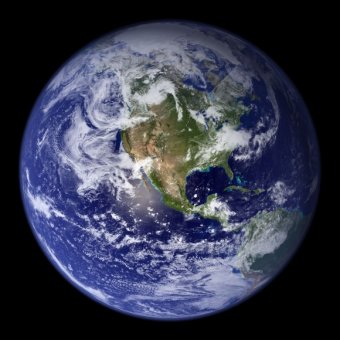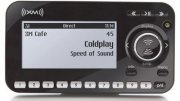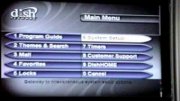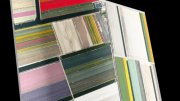
It's always summer on Google Earth. But a landmark Mapbox project uses satellite imagery to show the planet as it is now.
On Google Earth, the seasons rarely change. Most anywhere a digital traveler goes, the sky is cloudless and the grass is green. No snow on the ground in Iowa. No fire in Valparaiso. It's a big gap between the world as it is and as it's mapped.
Launched Thursday, a landmark project from Mapbox has changed the summertime paradigm for online cartography. Landsat-live reveals the planet's surface in real time and in stunning resolution, fed by a constant stream of public-domain imagery from NASA’s Landsat 8 satellite. Above is an embedded version you can explore.
The USGS has controlled operations of the satellite since 2013. That Landsat's images are freely and rapidly available is to the credit of USGS, as well as to
"This is really new in terms of what’s been available, " says Camilla Mahon, a satellite-imagery engineer at Mapbox who helped spearhead the project. "This is one of the fastest ways we can grab imagery, and that’s what's allowing us to do this in real time."
"Everyone has an inherent interest in seeing the world as it is."Virtually every spot displayed on this map is 16 days old or younger (occasionally, weather or maintenance will mean some displays will be up to 32 days old). Labels indicating cities and highways are layered onto Landsat's ribbons of imagery using open-source OpenStreetMap data (as most Mapbox projects do).
"Anyone has the data to make this kind of map, " says Charlie Loyd, also a Mapbox imagery engineer. But the project is key to the company's larger aims. "We’re trying for an ecosystem where any geo-spatial image can go on a map and be useful immediately."
That's also the philosophy behind this other, truly astonishing experiment in cartography—a moving California coastline. "That's actually drone imagery, " Loyd says nonchalantly of the video that's layered on the satellite image map. Five years from now, real-time maps might be as ubiquitous as YouTube videos—but for now, they feel as futuristic as movies might have to Victorians.
They might also seem as superfluous, to the average map user. Yet Landsat-live has the potential for all kinds of applications, says Mahon, including environmental and agricultural monitoring.
Source: www.citylab.com

|
World Now Mobile Application (Kelly Technology)
|

|
Set of 2 NASA Space Prints: Blue Marble (Planet Earth from Space) and Earth Rise 16x20 inch Prints Home (Great Mind Inc)
|
Related posts:























